My Reading Year 2010
Yesterday, I tallied up all the books I read in 2010 and came up with 25. For a kid who had only read 6 or 7 books (start to finish) by the age of 17, this was pleasant surprise to learn about myself. Here’s a list of what I read this past year:
1. The Iliad – Homer

2. Junky – William S. Burroughs
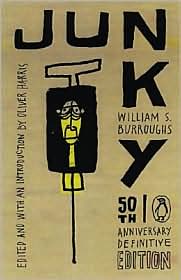
3. Notes from the Underground – Fyodor Dostoyevsky

4. The Iron Whim: A Fragmented History of Typewriting – Darren Wershler-Henry
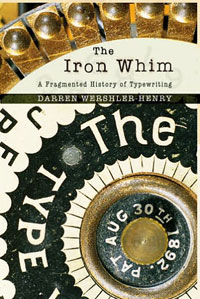
5. Paradise Lost – John Milton
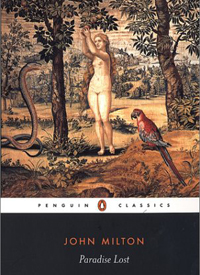
6. The Rape of the Lock – Alexander Pope
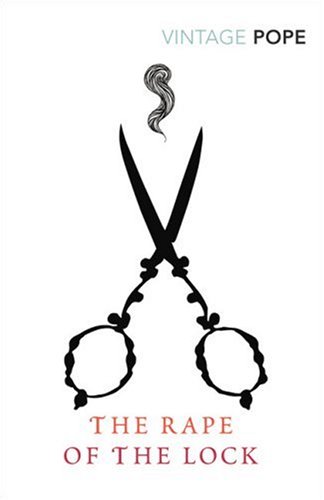
7. The Scarlet Letter – Nathaniel Hawthorne

8. King Lear – William Shakespeare
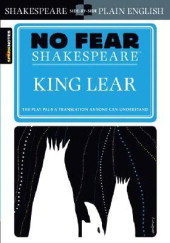
9. Richard II – William Shakespeare

10. Design As Art – Bruno Munari
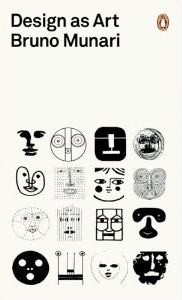
11. Dubliners – James Joyce
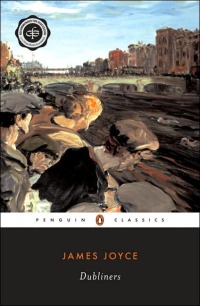
12. The Truth About An Author – Arnold Bennett
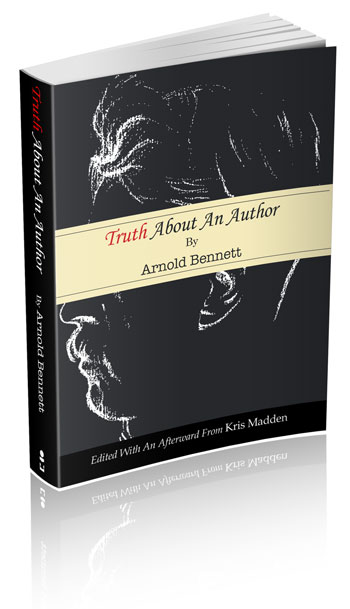
13. Bartleby the Scrivener – Herman Melville
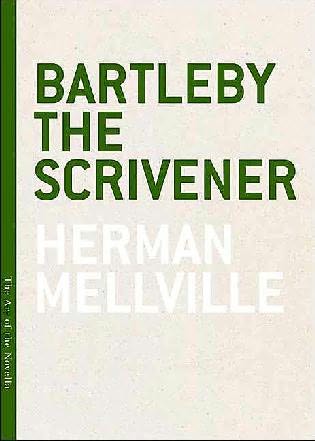
14. Outliers – Malcolm Gladwell
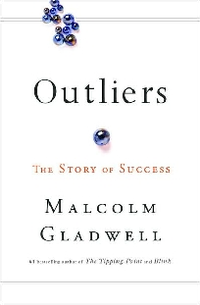
15. The Outfit – Darwyn Cooke and Donald E. Westlake
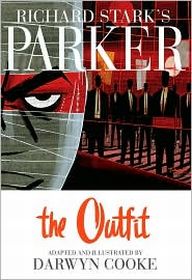
16. The Now Habit – Neil Fiore

17. Poetics – Aristotle
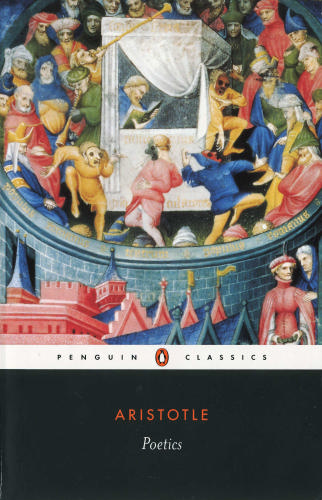
18. Lyrical Ballads – William Wordsworth and Samuel Taylor Coleridge
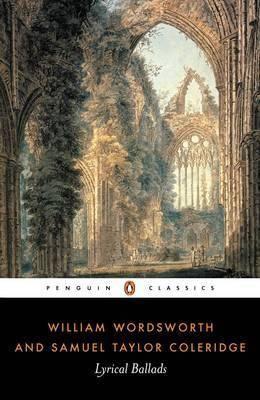
19. Walden – Henry David Thoreau

20. Beowulf – Anonymous with Seamus Heaney
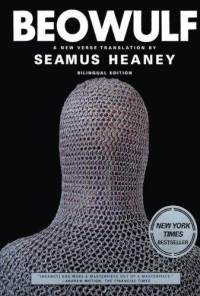
21. Gulliver’s Travels – Jonathan Swift
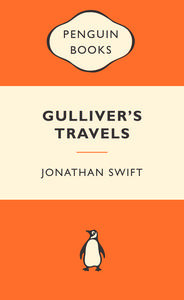
22. Inferno – Dante

23. Everyman – Anonymous
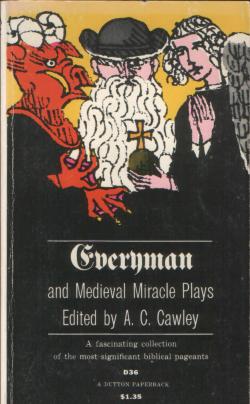
24. Three Theban Plays – Sophocles
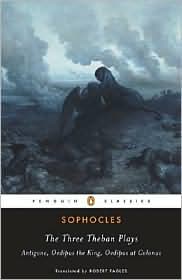
25. Tree of Codes – Jonathan Safran Froer
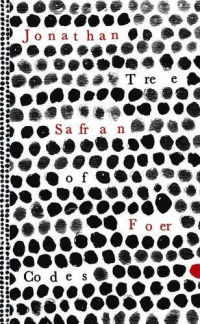
Ray Bradbury - Story of a Writer
Ray Bradbury, known for his super-prolific writing habits and countless classic short stories, novellas, novels, etc. is highlighted in this TV piece from the past called "Story of A Writer". As I've said before, and will no doubt say many times after this, I love anything that gives a glimpse into the life of artists.
This 25 min. film is just that, a look behind scenes of what Ray Bradbury did as an author about forty years ago, and when you look at recent interviews it doesn't seem like much has changed for him. And when I say that, I mean it as the most sincere compliment, because his life has been, and continues to be, one of excellence in the pursuit of writing as art. Take a look and see what I mean.
(Note: If the video doesn't appear right away, it's because it's still converting over at Blip.TV, but will be up shortly)
10 Ways to Slow Your Reading Down and Eventually Stop It All Together
1. Read Every Word, Every Word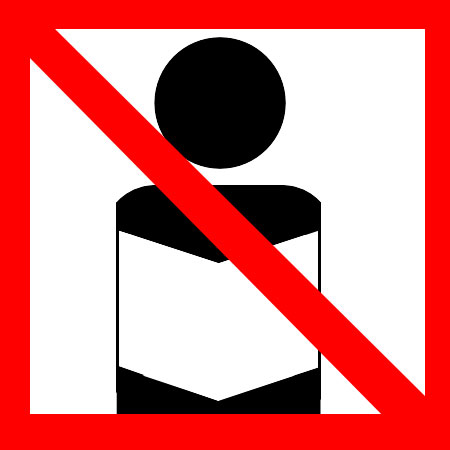
The best way to start slowing your reading down is by reading every word that’s presented. Make sure not to skip over the “the”s or the “a”s, because if you do, it’s only the beginning to increasing your reading speed. And that’s not what anybody wants. So, be sure to read every word that’s written, even if you think the author is repeating himself, you shouldn’t skip over those repetitions, because you will only be increasing reading speed. You read that right? Good, we’re off to a great start.
2. Re-read Every Word You Might Have Missed (And Re-read Every Word You Might Have Missed)
Did you miss anything in that first part, to be sure, you should probably go back and re-read it, and if you skipped over any words the first time, don’t do it this time. Remember, we’re trying to slow your reading down, and if you only read each word once then you’re only going to be reading that much faster in the long run. This will become easier over time, because more studies are showing that re-reading decreases comprehension making it easier to develop the habit of re-reading.
3. Don’t skip over the small words
This is a repetition of what was said in the first paragraph, and the author has been kind enough to repeat himself making it easier to read a small blog post in a longer amount of time. And in case you still have some of those bad habits lingering about, don’t forget to re-read this passage, and the passage before it, and don’t skip over the small words, or the things that are repeated, because you’ll only be increasing your reading speed. (See what I did? I repeated myself)
4. Don't Learn New Words
It’s great when you come to a big word in a text that you’ve never seen before, because it can serve as hours of distraction from reading the rest of the material. And if you took the time to look up the word, and learn what it meant, and how to say it properly, then the next time you saw the word it wouldn’t take you nearly as long to read, and then you’d be reading faster. Not good, not good at all. Instead pride yourself on the ignorance of words like “NEUMONOULTRAMICROSCOPICSILICOVOLCANOCONIOSIS”. And don’t go looking it up, you only be able to say it faster the next time you see it.
5. Don't Grammar Learn
A little joke to illustrate my point that a firm grasp of English grammar leads to reading faster. Afterall, you don’t really need to know corrct spelling cuz peeple can under stand what ur saying even when u dont spell it rite and hoo needs periods or comas or thos silly squiggily lines and stuff its all just fluffff getting in the way of communcadoing with the world so toss em out i say toss em out.
6. When You Must Read, Turn On The TV
Sometimes we have to read to keep our jobs or for school, and so it’s best to read with the TV on with a show that’s much more engaging than your reading material. Something with explosions and music like “24”, it’s got plenty of action and suspense to keep you from really understanding what you have to read. This is perfect, because by constantly being distracted you’ll be forced to re-read, which will decrease your comprehension, causing you to re-read again and if you’re in luck there’ll be some big words in there to help you slow down.
7. Don’t Watch Films With Subtitles
I know I told you to watch TV, but be careful of what type of TV you watch because some it can have subtitles. And sometimes movies start out without subtitles only to be filled with them, later on, case in point: The Godfather, which switches over to subtitles while Pacino’s in Italy. There’s probably nothing worth seeing during those scenes anyway, and my advice is, if you can’t watch it dubbed then it isn’t worth watching.
8. Make Sure To Only Search for Videos and Images
When you must use the internet be careful only to use search engines that you can search for videos and images otherwise you’ll be reading and you’ll probably have to read a lot to find what you were looking for. Be careful.
9. In Fact, Just Stay Away From The Internet
The internet can seem like a place devoid of reading, with all the YouTubes and YouPorns and Flash Games and such, but it’s really only a disguise to get you to read more. Those videos and games can only be accessed or found through a series of queries and summaries, and the more you look, the more you’ll be reading, and then you’ll be reading faster. So just watch TV, it’s better because you don’t need to read to enjoy it.
10. To Be Safe, Just Stop Reading All Together
Every once in a while you may be tempted to read a book, or an article, or something, but I caution you DON’T. The more you read, the faster you read, it’s one of those weird facts of life that the more often you practice a skill the faster and more efficient you become at that skill. And in the case of reading, the more you read, the faster you’ll read, and that’s just going to make your life easier. And nobody wants that. God forbid, you might enjoy reading one book, you might read another, thereby doubling your reading speed, or more. And if you enjoyed reading, and read a lot, then who knows where that might lead.
I’m certain nothing good can come from knowing more than what you presently know, so there’s really no need to read anyway…
Right?
Leo Babauta, I love you dude, but your last post sucked.

A Little Backstory:
When I was younger, my group of friends and I developed our own brand of juvenile etiquette for disagreeing with one another. And so when you needed to tell your buddy something you didn't like about them you opened up the conversation with this phrase, "I love you dude, but…" then your criticism.
Example:
"I love you dude, but the peach-fuzz mustache is not cool, and it doesn’t look good."
If the comment was made in front of the group, an immediate voting on the criticism would ensue. The comment would either be ratified into fact, or vetoed, but most often it was ratified.
Example:
"Yeah man, the mustache needs to go. Everybody thinks so, that’s why we’re telling you."
Some may have seen these exchanges as insincere but within our group, opening up without with the line, "I love you dude" was a form of respect. Granted, it's not the most poetic term of endearment, but it allowed us to be honest with each other, without all the hurt feelings. And so you knew that your buddies were telling you something not because they hated you, but because they cared.
Now that we're caught up, there's something I'd like to say about Leo Babauta's post: "Why reading faster doesn't increase productivity".
"Leo, I love you dude; I'm a big fan of zen habits, read a lot of your articles, and I agree with many of your principles but... your last post sucked."
From Your Post:
"I think you should read slower, and focus on doing things slower. It increases your effectiveness, which is a different definition of productivity than 'doing things faster'."
If I understand you correctly, you're saying that focused slower reading increases a person's ability to effectively comprehend the text their reading.
I disagree. In terms of a person's reading rate, there's quite a lot of research that points to the opposite.
Example:
Lori Nunez's dissertation: An Analysis Of The Relationship Of Reading Fluency, Comprehension, And Word Recognition To Student Achievement (May 2009). Her dissertation looked at statewide elementary students in Texas and analyzed various methods for developing reading skills.
In the conclusion, Nunez wrote:
"Consistent with the findings of previous research (Allen, 1988; Buchanan, 2006; Flindt, 2007; Stroud & Henderson, 1943) and the National Reading Panel's identification of key reading components, the study confirmed that early development of reading fluency, comprehension, and word recognition do impact reading performance of students by the middle elementary grades. The results of the data analysis revealed that reading fluency, the number of words read per minute, had the strongest relationship with scores on the third grade reading TAKS. ...It would appear that fluency, the speed and accuracy of words read, contributed to comprehension and understanding of the material read, and ultimately to success on the reading assessment."
And
"In the study, the skill of reading fluency had the strongest relationship and made the greatest contribution to reading TAKS scale scores. The findings of the study supported Rasinski's (2001) argument that the rate a reader reads is significantly correlated to the standardized and informal measurements of comprehension and word recognition."
From Your Post:
"productivity isn't about speed, even if we've been led to believe it is. It's about being effective. It's about accomplishing things -- and that's about doing the most important things, not the most things."
I disagree.
"Productivity is from 1809 with meaning 'quality of being productive;' economic sense of 'rate of output per unit' is from 1899."
Reference:productivity. (n.d.). Online Etymology Dictionary. Retrieved December 02, 2009, from Dictionary.com website: http://dictionary.reference.com/browse/productivity
The two words that stand out for me are the words "quality" and "rate", and the word "rate" is most definitely associated with speed.
From Your Post:
"When we speed through tasks and projects, we lose perspective. We forget what's important and just try to do things as fast as possible."
Your quote makes the assumption that when a person does something faster, they sacrifice their effectiveness.
What about firefighters? Or paramedics? Or doctors?
The rate at which these people do their jobs can determine whether someone else lives or dies, or many people live or die. I think "speed" can have a lot to do with a person's "effectiveness" in the world around them. Firefighters don't rush into a burning building to try to save the most important people; they try to save everyone they possibly can in the time they have.
This not only pertains to the lives of people, but also in people's careers and the lives of companies, in which a person's speed can be determining factor in whether they get to keep their job.
From Your Post:
"If reading is important, focus on it, and do it slowly. It'll be that much more enjoyable, and so will the project. And when you absolutely love what you're doing, then productivity is a natural by-product."
If I follow your argument here correctly, you're saying, "If I want to read something that is important to me, the rate at which I read it corresponds to the level of enjoyment I’ll receive from reading it."
I agree that certain texts can be more enjoyable when read slowly, but I disagree that all of the texts that are important to us need to be read this way. I believe, and research shows, there are more factors in the process of translating text into meaning than just voicing the words on the page. The process of visual interpretation of text into meaning is an extremely fast process, and your statement concludes that this method, while fast, will lessen my enjoyment of reading the text.
Lastly, From Your Post:
"Slow down, don't speed up. Read slower -- you'll read less, but enjoy it more."
What I don't agree with in this statement, is the assumption that text should be read at one speed. A person can enjoy a fast paced action sequence in an old dime novel reading 400wpm, and then slow down to 150 wpm when detective is explaining how he figured out who the killer was. The reader can read fast and slow throughout the book without losing joy in the text they’re reading.
I was a slow reader for quite some time, and even though reading was important to me, reading slow did not make reading more enjoyable. In fact, quite the opposite.
I don't think I'm alone on this, but maybe I am… I’ve found the more I read, the more I enjoy reading.
We only have a short time in this life, and my approach to reading is much like that fireman running into a burning building. There's too many great things to read in this world that to read them all would take several lifetimes, I'd like to enjoy reading as many of them as possible before my time's up.
Leo, I love you dude, but your last post sucked.
Respectfully,
Kris Madden
I don't know if they'll post my comment...
1. "eye examination" - Yes, great for assessing your physical capabilities for reading and general vision health.
2. "Stop pronouncing the words" - Yes, sub-vocalization can slow down reading speed.
3. "concentrate on the most important words" - Yes, I think it's perfectly okay to skip over the the's and the and's and the a's and the an's. Think about how much faster you would have read that last statement if you had skipped over them.
4. "stop regressing" - Yes, several researchers have shown that the amount of fixations that a person makes while reading a line of text correlate with their reading rate.
And while these are great tips, how does a person learn to stop sub-vocalizing when it's become a habit like breathing? How do you learn to ignore the words "the" "and" and so forth? And why should you stop regressing, when you can't remember what you just read, isn't comprehension more important? Shouldn't you re-read so that you get the main idea?
The answers are out there and many of them are free because they date back to 1900's with the publications of W.B. Secor's study and E.B. Huey's 1908 book "The Psychology and Pedagogy of Read", which is available on Google Books to read for free and download. The research and the answers are out there for everyone to read.
Good luck to everyone looking to read faster."
Readernaut: The First Cool Book Club I've seen
Over at Readernaut, you can follow what books I'm reading, what I've read, what I plan to read, as well as quotes, notes, etc. on the books in my library. They're in beta right now, but it looks to me like it's going to be the facebook of bookclubs. Feel free to join up and follow me over there. Take care.

